 You know that feeling when you love an artist’s work, but then you get their next one, and feel like… ehh, the magic’s gone? Tim was afraid that would be his reaction to Bryan Lee O’Malley’s Seconds but, as he discusses with Cassey this week, his fears were completely misplaced!
You know that feeling when you love an artist’s work, but then you get their next one, and feel like… ehh, the magic’s gone? Tim was afraid that would be his reaction to Bryan Lee O’Malley’s Seconds but, as he discusses with Cassey this week, his fears were completely misplaced!
Also this week, a discussion with Kenneth Kit Lamug. His picture book A Box Story won a Moonbeam Children’s Book Award, Pinnacle Book Achievement Award, a Children’s Literary Classics Seal of Approval, and was a National Indie Excellence Book Award finalist, all in 2012. Now trying his hand at comics, he recently funded a Kickstarter project for The Tall Tales of Talbot Toluca: Quest for the Ore Crystals. Tim talks with him about the Kickstarter, moving from illustration to comics, not quitting his day job, and more.
Podcast: Play in new window | Download
Subscribe: | More
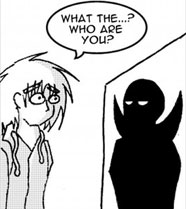 What happens when the computer that routes calls in a call center takes on a mind of its own? That’s the setup for the first story arc of Back Office, a Web comic by Mark Egan now available as a book. This week Tim asks him about his inspiration, his adopted home of Norway, and more.
What happens when the computer that routes calls in a call center takes on a mind of its own? That’s the setup for the first story arc of Back Office, a Web comic by Mark Egan now available as a book. This week Tim asks him about his inspiration, his adopted home of Norway, and more.
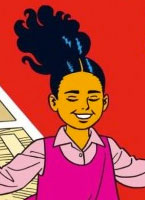


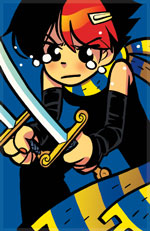 While some colorists’ work can be recognized no matter what kind of story it is,
While some colorists’ work can be recognized no matter what kind of story it is,  While Chris Taylor goes by the pen name “
While Chris Taylor goes by the pen name “
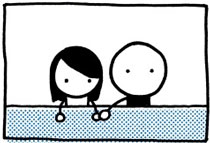 Sometimes simplicity is best. Just take a look at the work of
Sometimes simplicity is best. Just take a look at the work of  You know that feeling when you love an artist’s work, but then you get their next one, and feel like… ehh, the magic’s gone? Tim was afraid that would be his reaction to Bryan Lee O’Malley’s Seconds but, as he discusses with Cassey this week, his fears were completely misplaced!
You know that feeling when you love an artist’s work, but then you get their next one, and feel like… ehh, the magic’s gone? Tim was afraid that would be his reaction to Bryan Lee O’Malley’s Seconds but, as he discusses with Cassey this week, his fears were completely misplaced!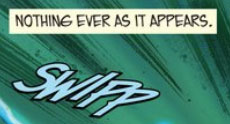
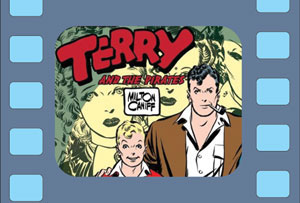 In May, comics creator and educator Ben Towle wrote a post on his blog entitled “
In May, comics creator and educator Ben Towle wrote a post on his blog entitled “